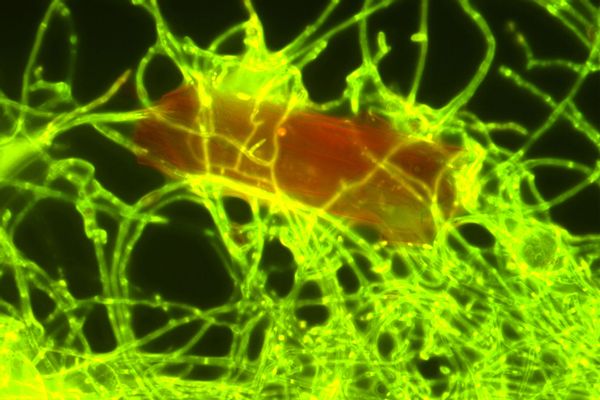
“Marine fungi can break down complex materials made of carbon. There are numerous amounts of marine fungi, so it is likely that in addition to the four species identified so far, other species also contribute to plastic degradation. There are still many questions about the dynamics of how plastic degradation takes place in deeper layers," lead study author Annika Vaksmaa, of the Royal Netherlands Institute for Sea Research, said in a Monday release. "What makes this research scientifically outstanding, is that we can quantify the (plastic) degradation process."

Researchers noted that humans annually produce more than 400 billion kilograms of plastic, an amount that is expected to triple by the year 2060. Plastic pollution, including microplastic debris, has been linked to human infertility as well as reproductive drops in several forms of marine life — and is considered to be a long-standing cause of ecological disruption more widely. The White House recently announced an initiative to address so-called "forever chemicals," a prominent byproduct of plastic pollution and waste.







